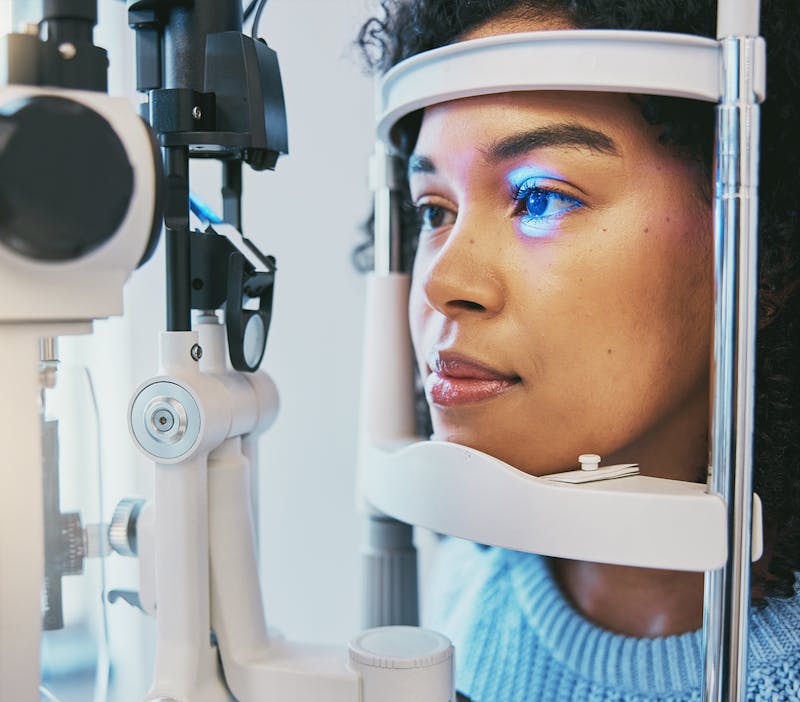
How to Protect Your Eyes from UV Damage: Tips from Cornea Specialists
Most people understand the importance of sunscreen for the skin, but far fewer consider the risk UV rays pose to the eyes. Ultraviolet (UV) radiation from sunlight can cause cumulative damage over time, potentially leading to cataracts, macular degeneration, photokeratitis (sunbu...
View More


